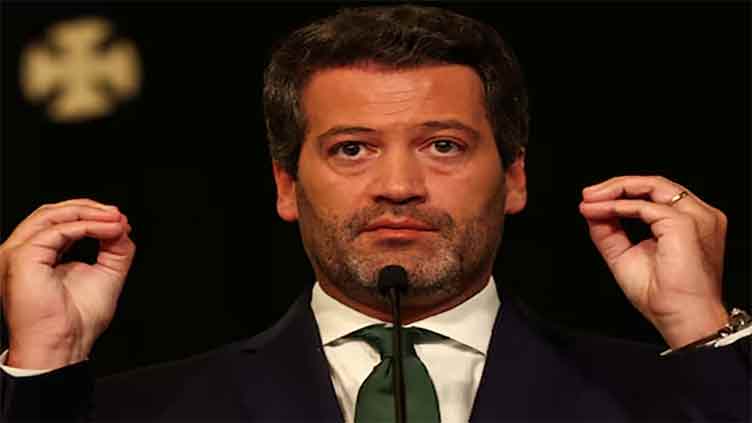Portugal's far-right leader faces criticism over exchange with migrant worker

World
Portugal's far-right leader faces criticism over exchange with migrant worker
LISBON (Reuters) - Portugal's far-right party Chega is facing accusations that it manipulated a video showing a migrant worker confronting its leader Andre Ventura, who went on to accuse him of fabricating his story to discredit the party ahead of the EU election.
The anti-immigration, populist Chega is the third-largest political party in Portugal, having quadrupled its parliamentary representation in the March general election.
Bangladeshi citizen Iqbal Hossain approached Ventura at an event on Thursday to denounce the poor conditions many migrants experience, particularly Indonesians in the fishing industry. In tears, the flower farm worker told Ventura he had sent his daughter back to Bangladesh due to the racism migrants often experience.
Ventura took to social media on Friday to claim Hossain was "planted" at the campaign event and that he "fabricated" his story. He and other Chega lawmakers shared a video of the exchange which differed to the one broadcast by news outlets.
SIC TV said that the video Chega shared was manipulated, with images taken out of context and subtitles altered to make it sound like the migrant had lied about his nationality and job.
Ventura described the reporters involved in the coverage of the story as "enemies of the people".
Around 800,000 migrants live in Portugal, nearly double from a decade ago. Police data shows hate crimes have jumped 38% in 2023 from a year before. New nationalist groups have also emerged.
Denmark's Prime Minister Mette Frederiksen
Far-right and conservative parties are expected to make gains in the June 6-9 European Parliament election but the latest poll shows Chega getting 12% of the vote, a drop from the 18.1% it received in the Portuguese election.
Portugal's government announced on Monday a new plan that will toughen some migration rules, a plan that illustrates the rightward shift in politics in much of Europe, as governments try to fend off the rise of the far-right.


